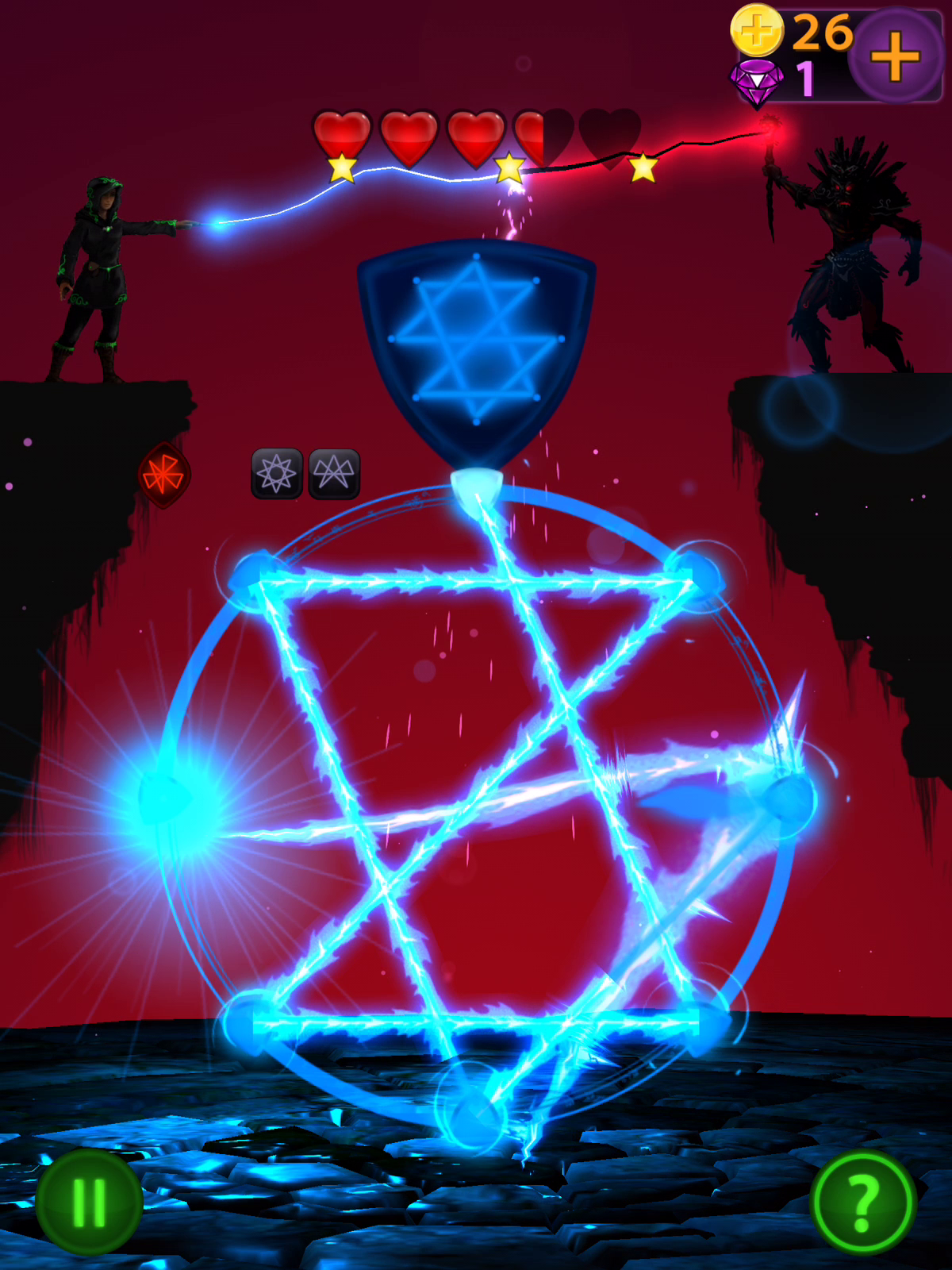A little over 5 years ago, I left my job at Dreamworks Animation. Before I left, I was an effects artist working on Madagascar 3. The head of effects on the show was Scott Peterson, who I showed all my work to before showing the visual effects supervisor and the directors. I was always impressed with Scott's eye for effects and his ability to identify and craft the complex systems involved. He won an Academy Award in 2015 for his work on Dreamworks' foliage system. The foliage system, which is a powerful tool for art directing trees and foliage, has been used in many successful Dreamworks movies.
After leaving Dreamworks, I stayed in touch with Scott. I dabbled in app development and Scott was always happy to give me feedback on my work. His feedback was invaluable and after about a year of experimenting on my own, I was thrilled when Scott reached out to me to work with him on a mobile game. After having to cut a family trip short while on sabbatical from Dreamworks, he had some extra time on his hands to work on a game of his own. I agreed to help.
The working title for the game was Abracatapra. Given our effects background we wanted the game play to be focused on casting awesome magical effects by tapping on the screen (perhaps by hitting targets as they scroll past such as in Guitar Hero or Rock Band). The original idea pitched by Scott: "you play the role of a wizard protecting your stalwart donkey on a journey to deliver a life-saving magic spell to a distant kingdom plagued by a deadly disease." I was able to dig up an early screenshot he mocked up in the Unity game engine.
Protecting our stalwart donkey with our powerful magics.
Before I became involved, the game took a turn. Instead of protecting your stalwart donkey by tapping the screen to cast magical spells, you drew shapes on the screen to cast magic against a dueling wizard. As a wizard, you cast magic by drawing a shape between 8 fixed points on the screen, the simplest shape being a triangle (in fact, to even enter the game you must draw a triangle). Scott demonstrated the idea to me with a very simple triangle demo and some mock ups.
Early vis dev
Drawing the shape is a puzzle. Initially, the puzzles are very simple, just draw a triangle, or square for example. As you progress through the game, they become more difficult by having to draw the shape in a certain direction, mentally rotate or flip the shape, memorize the shape then draw it from memory and many other challenging scenarios.
Scott had envisioned there being 4 different types of magic: electricity (yellow), fire (red), ice (blue), and life (green). Initially, he also envisioned being able to combine each of the 4 with each other, making 6 additional combinations. We ended up keeping it simpler and sticking with just the 4 types.
Sketch of the four types of magic along with a combination of electricity and fire (magic combinations were later abandoned).
Scott mocked up the effects in Houdini, a popular visual effects application in the animation industry, but they needed to be implemented in Unity for them to work with our game. That was my job, to take the effects that Scott had designed and implement them in the Unity game engine so they would run efficiently on a mobile device (which was more difficult then as iPhones still only had a single core processor). The final result was a combination of custom particle systems (as opposed to Unity's built in particle system, which is fairly limited), triangle strips and sprites, both which are generated from the particle system data.
Each type of magic has a different effect along with a different benefit to help you solve the puzzle in the game. The type of magic you cast is based on which of the 8 nodes you start to cast from.
Fire allows you to take more time to complete the shape.
Once two nodes are connected with Ice, you can lift your finger and they will stay connected unlike the other magics that disappear after doing so.
Once you start casting with electricity, you will see flashes of electricity between nodes that connect, giving you a hint about where you need to go.
Life will complete segments of your shape in the opposite direction as you start to complete the shape, having the effect of needing to trace fewer segments.




